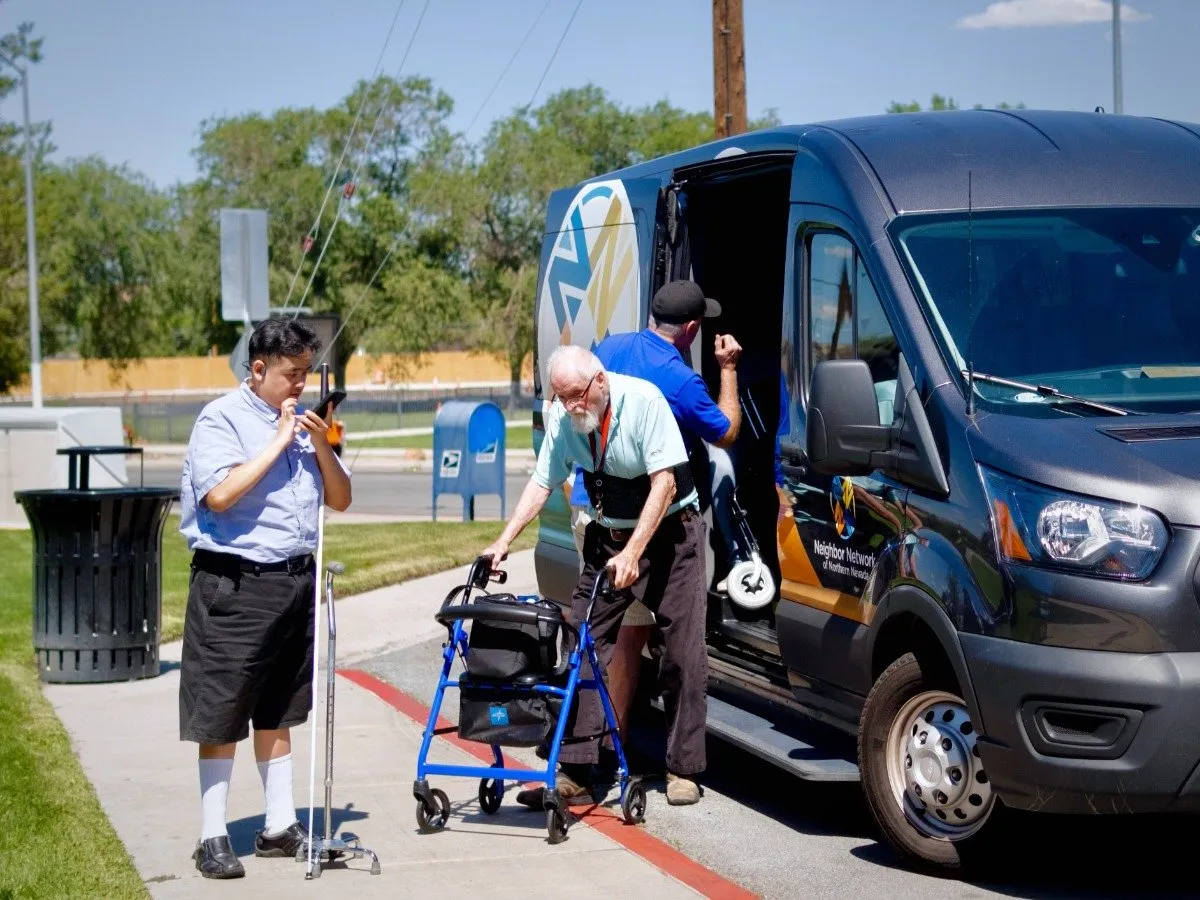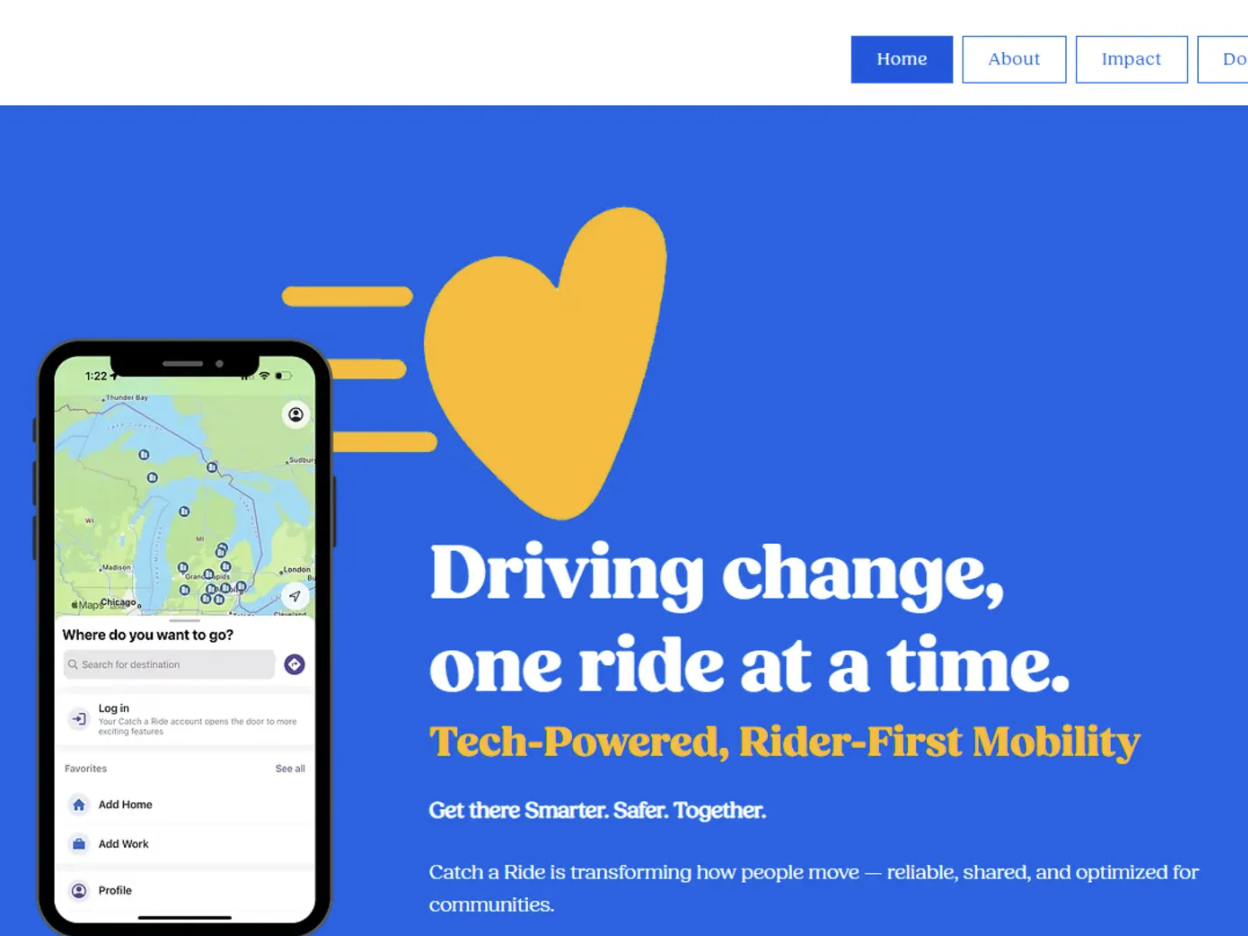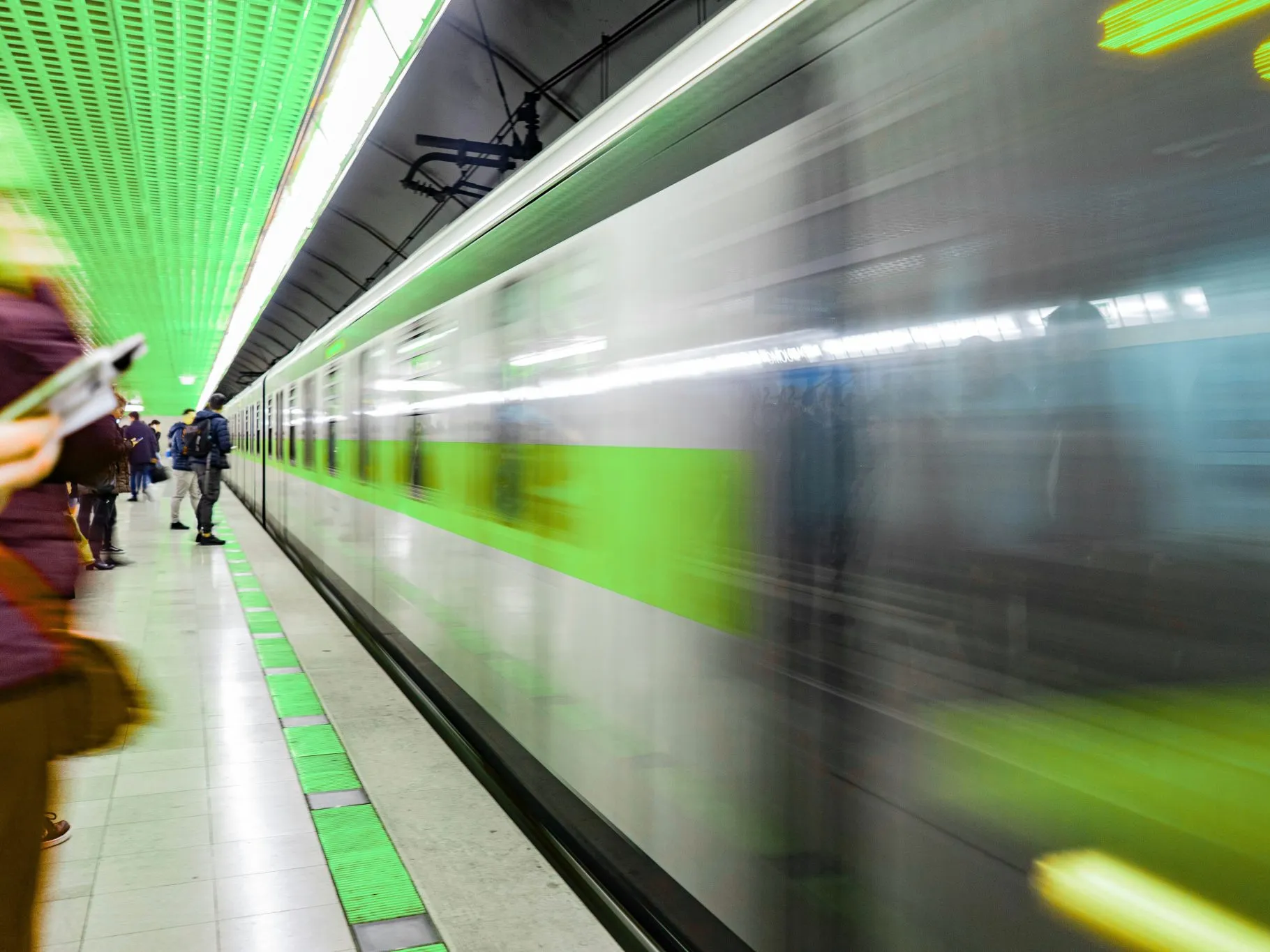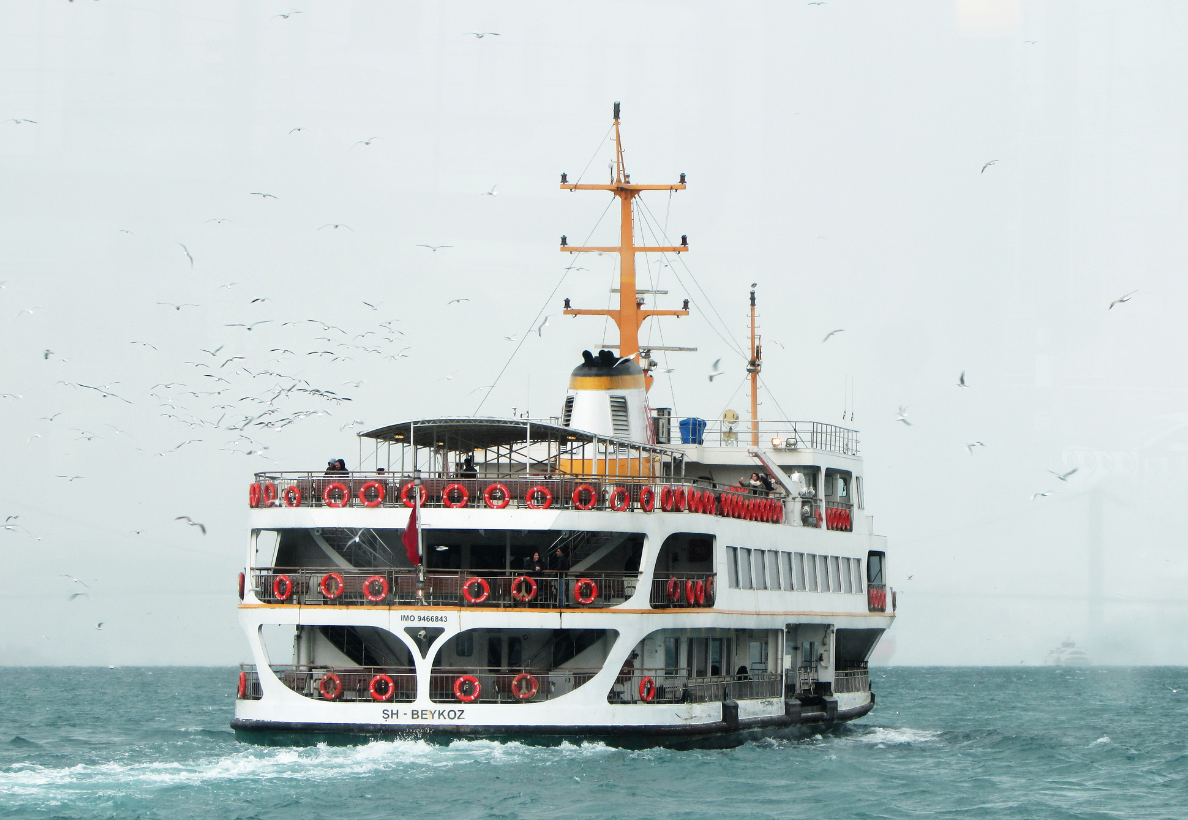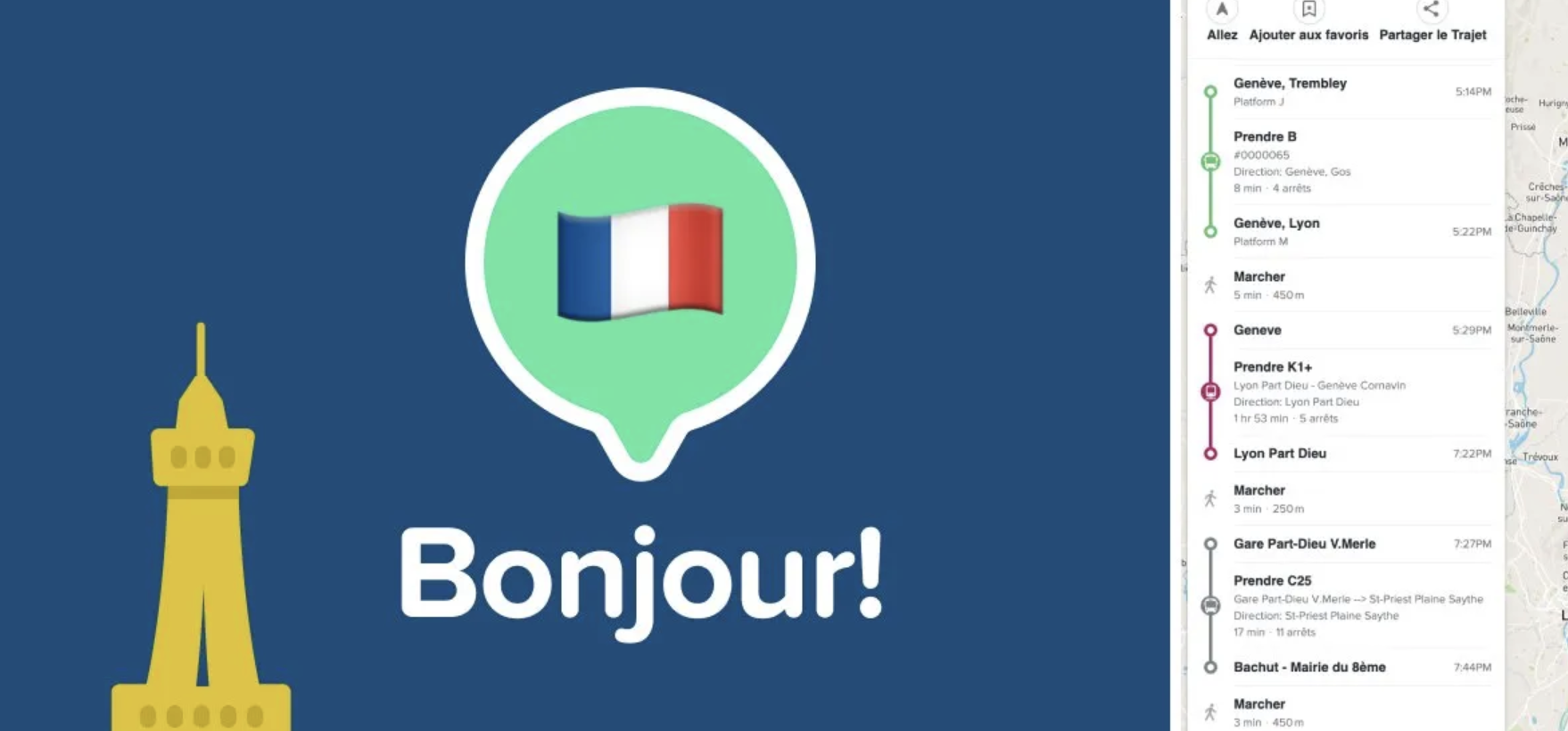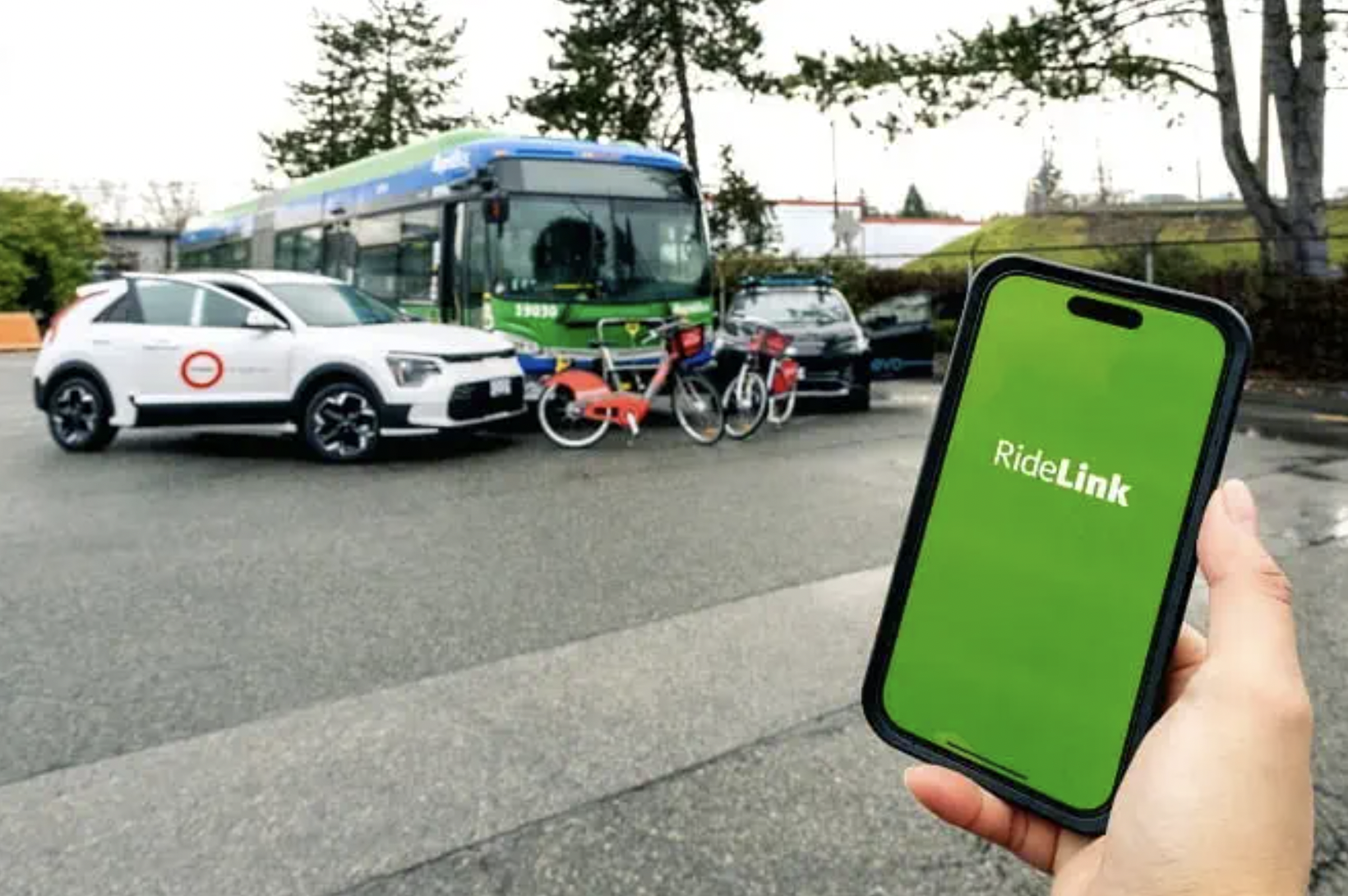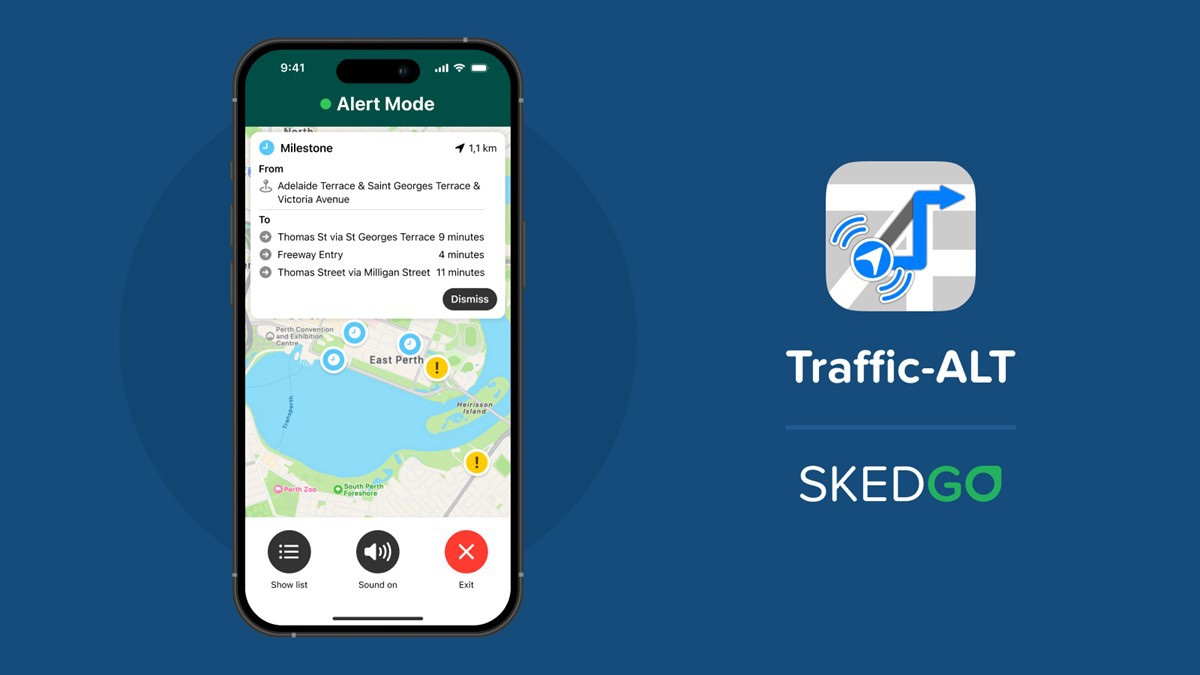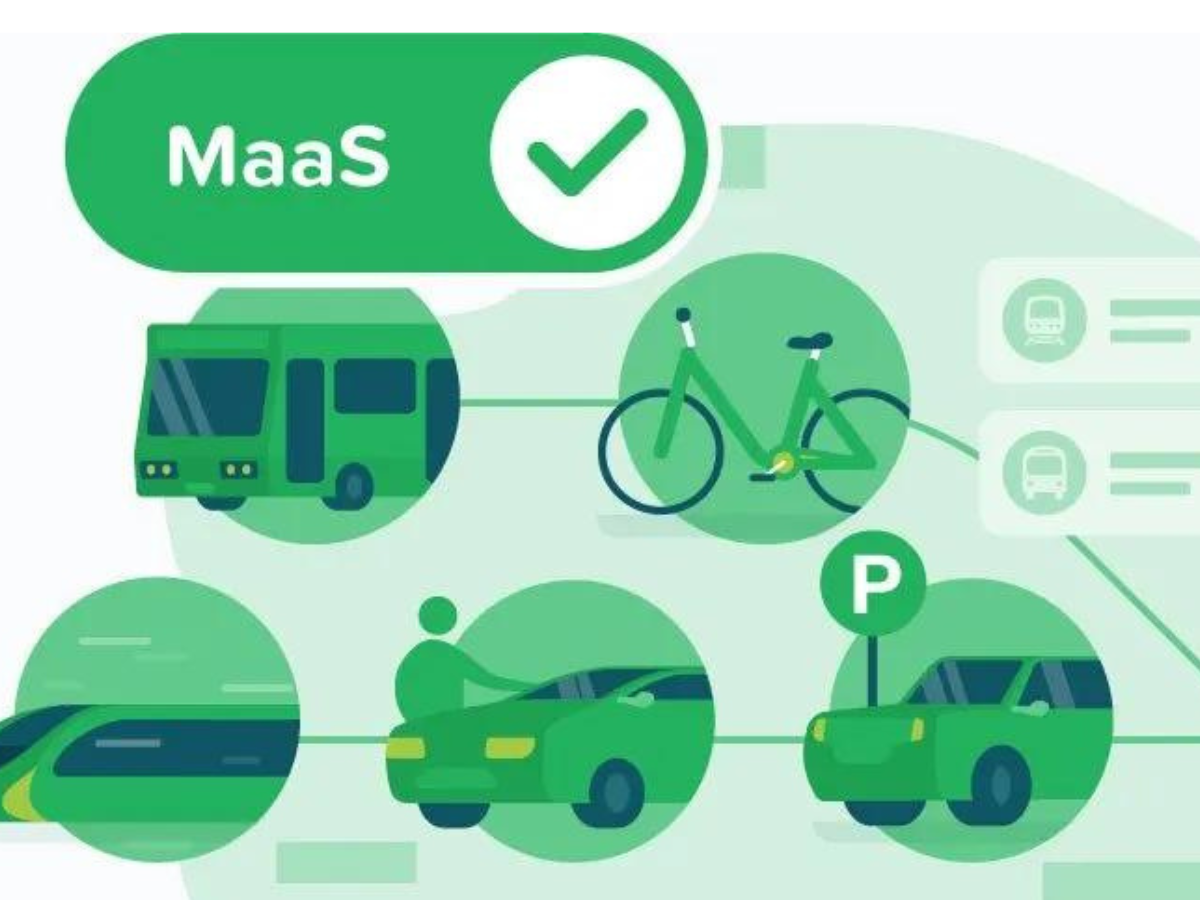The evolution of mobility technology has been brisk, spurred by the increasing demand for more integrated and seamless travel experiences.
Central to this transformative movement is Mobility-as-a-Service (MaaS), a concept that merges various forms of transportation services into a single accessible, on-demand platform. In particular, digital journey planning, when tailored to local communities and regional requirements, stands to significantly bolster the offerings of ticketing and payment companies, delivering a more comprehensive product to their clientele.
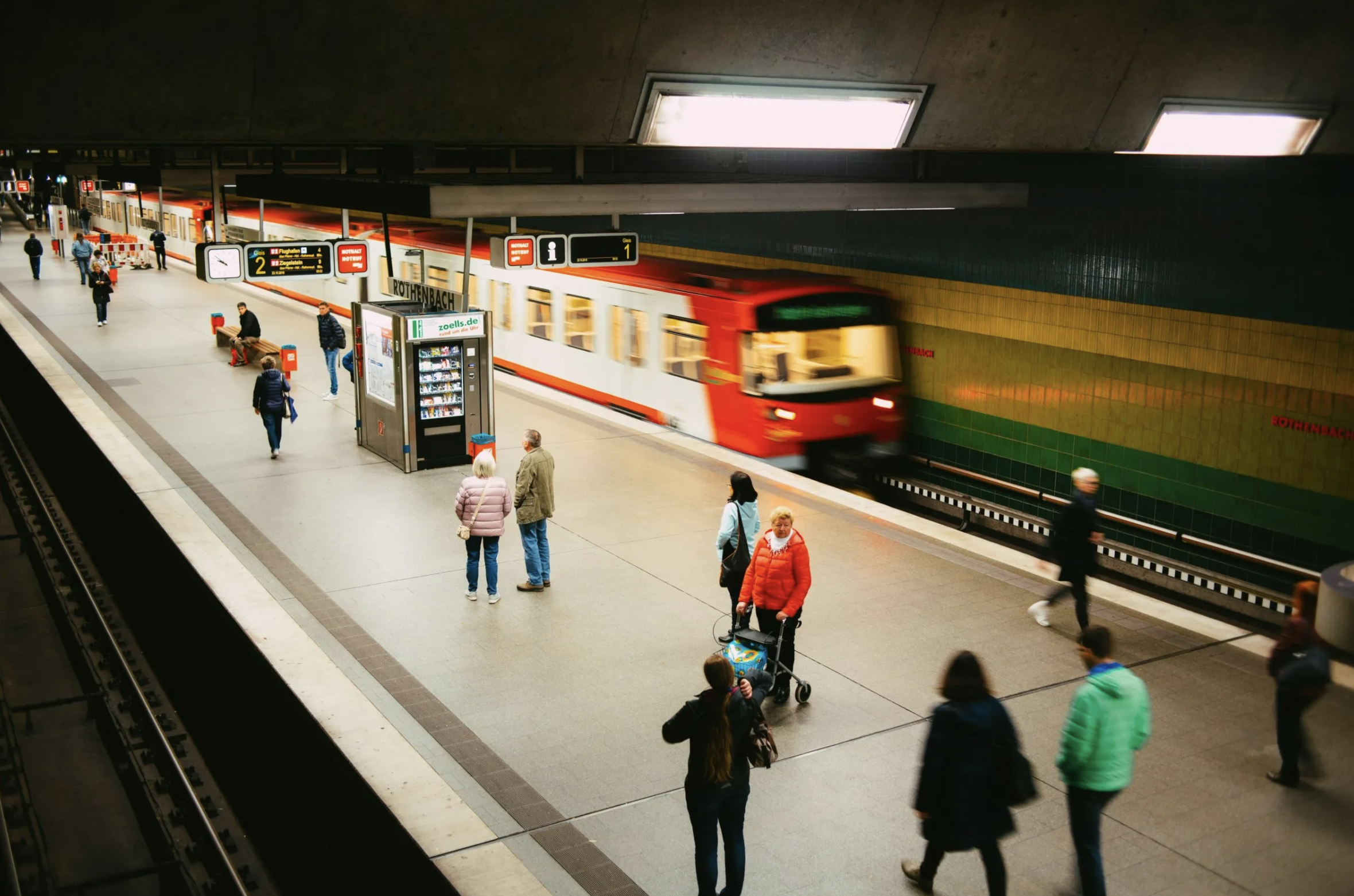
The MaaS Evolution
MaaS is rapidly reshaping the landscape of transportation. By offering a unified gateway to multiple transport options, from buses and trains to shared bikes and ride-hailing services, MaaS platforms are streamlining the user experience. They simplify the maze of schedules, routes, and payment systems into a cohesive, user-friendly interface that can be customised to the unique needs and preferences of individual users.
The Power of Personalisation in Journey Planning
Digital journey planning tools are the nerve centre of MaaS, providing users with real-time data and a plethora of options to optimise their travel. The key, however, lies in the customisation of these tools to reflect local nuances, such as understanding community-specific travel patterns, peak times, cultural preferences but also specific requirements for example in regards to accessibility. When journey planning tools are attuned to user needs, they empower residents with more relevant, efficient travel options that resonate with their daily lives and circumstances.
Ticketing and payment companies, therefore, can leverage this localised approach to enhance their services. By integrating hyper-local journey planning into their platforms, they can offer a service that is not just a ticketing solution but a complete travel companion, sensitive to the intricacies of the areas they serve.
A New Paradigm for Ticketing and Payments
For ticketing and payment firms, MaaS represents an opportunity to extend beyond the transactional nature of buying a ticket. It’s a chance to play a pivotal role in the entire travel chain, from planning to payment to post-journey events. By adopting MaaS principles, these companies can evolve to become architects of experience, offering tailored travel itineraries that seamlessly integrate with local transit systems, payment wallets, and loyalty programs.
Incorporating comprehensive digital journey planning into their systems allows these companies to offer packages that can include dynamic pricing, real-time updates, multimodal travel options, and even predictive analytics to suggest the best routes and times to travel. For the end-user, this equates to a hassle-free, cost-effective, and efficient travel experience that can adapt to unexpected changes or preferences as they occur.
Economic and Sustainable Impact
The benefits of enhanced journey planning tools extend to broader economic and environmental objectives. By providing efficient, integrated travel options, MaaS encourages the use of public transport and shared services over private car ownership. This not only alleviates traffic congestion but also contributes to lower urban emissions, paving the way for greener cities.
From an economic perspective, a more efficient transportation system can stimulate local economies by improving access to jobs, education, and services. Moreover, ticketing and payment companies can diversify their revenue streams by partnering with various service providers and tapping into the rich data generated through MaaS platforms to offer additional value-added services.
Conclusion
As urban areas continue to expand and evolve, the need for innovative mobility solutions becomes more pronounced. Digital, integrated and tailored journey planning offers ticketing and payment companies an invaluable opportunity to transform the way they engage with customers. By embracing this approach, these companies can deliver a more rounded, user-centric product that not only simplifies the travel experience but also contributes to the creation of more sustainable and economically vibrant urban environments. The journey towards smarter cities is complex, but with MaaS, ticketing and payment companies have the opportunity to steer the future of urban mobility in a direction that benefits all.
This article was originally published by SkedGo.



